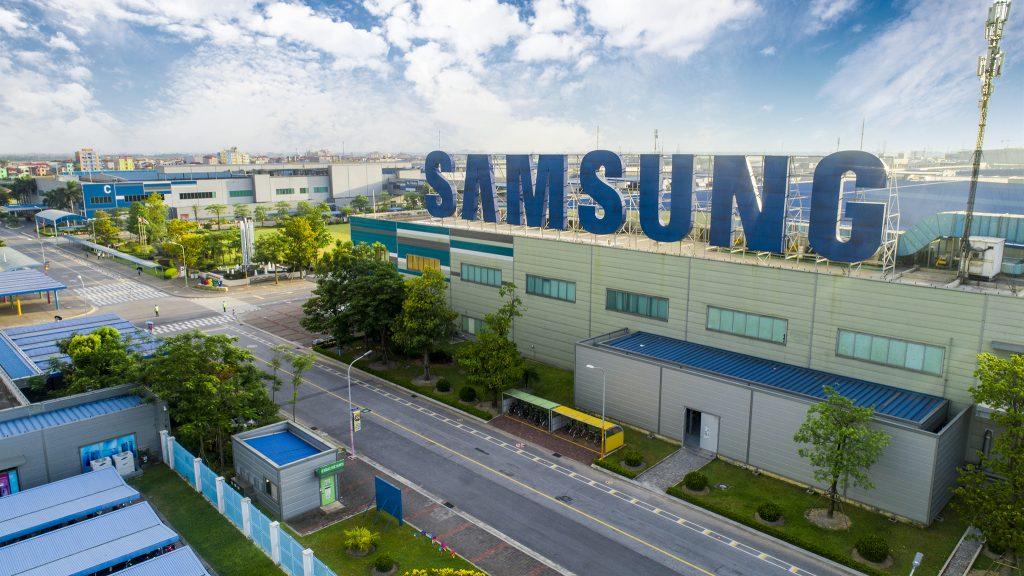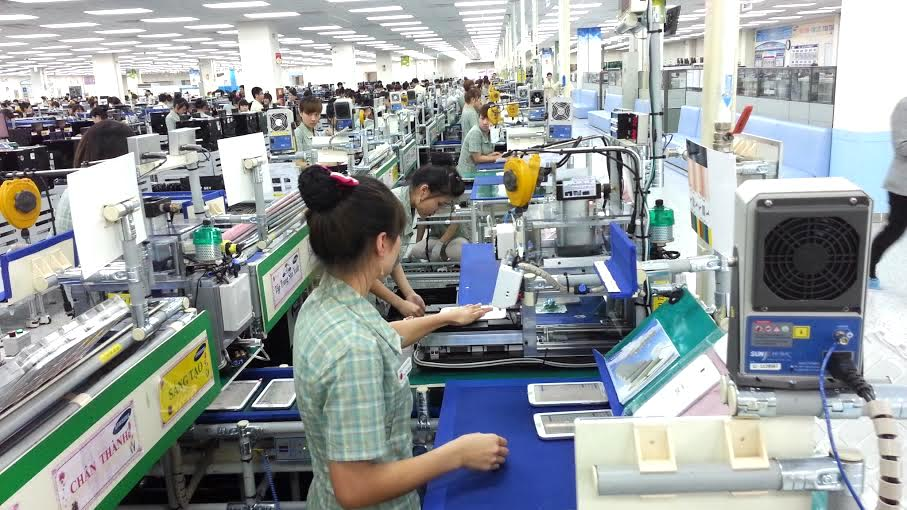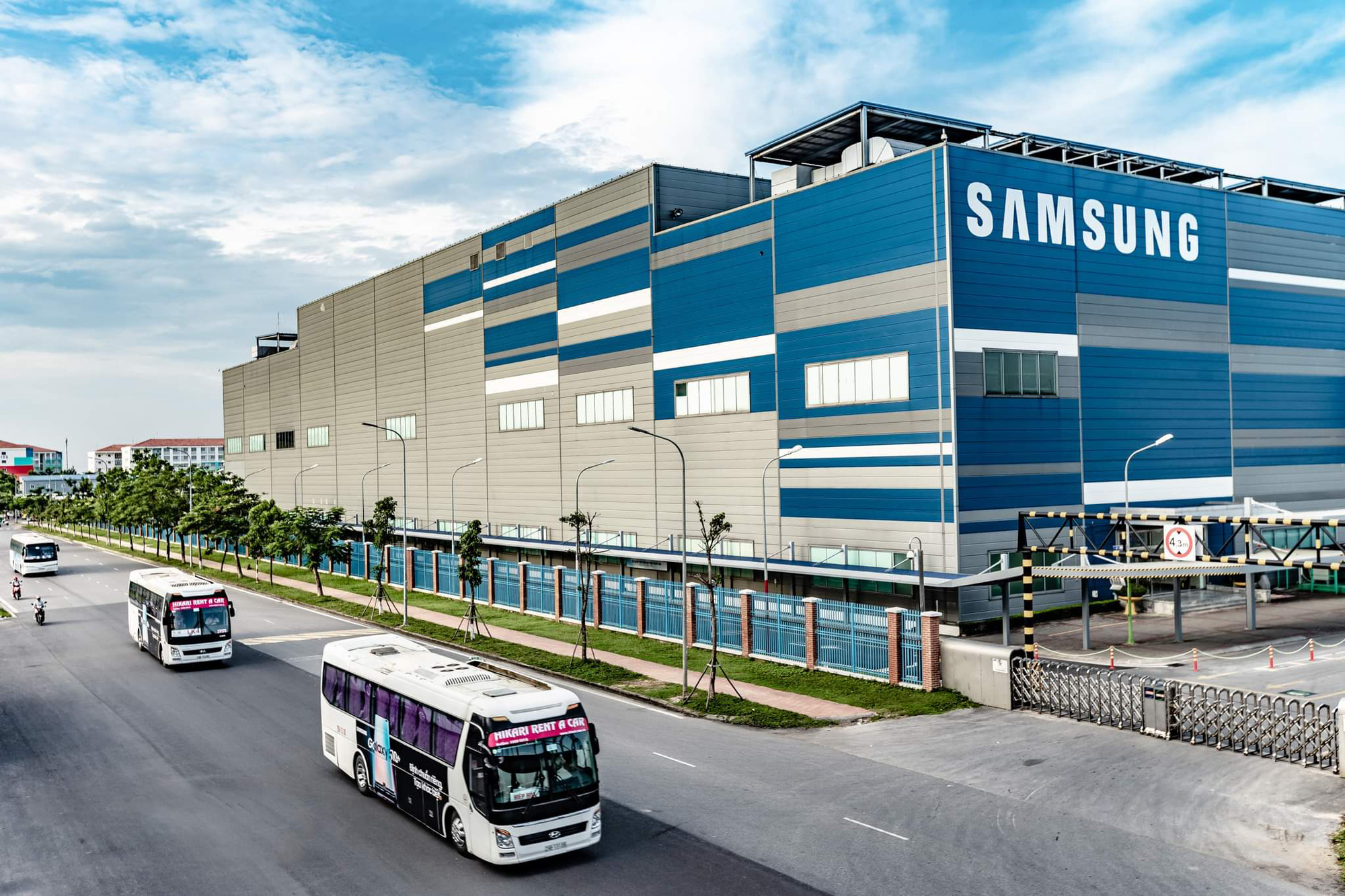
The world is finally catching up to how amazing the Vietnam manufacturing industry is. Recent media reports show that Samsung, the Korean electronic giant, has established expansion plans to Vietnam and will begin producing semiconductor parts in July 2023.
Vietnam's chip industry's growth isn't pure luck. The local government has been planning this as early as 2009. According to Sourceengine, "In 2009, local officials directed $3.2 billion in funding toward launching the country’s first integrated circuit development program. The initiative allowed engineers to train in a Ho Chi Minh City-based hi-tech park and two research and development labs. Hanoi also set up an incubator to provide crucial support and guidance to over 30 technology start-ups"
Samsung Electronics' ambitious investment
Samsung, according to Vietnam Briefing, "first invested US$1.3 billion in the electro-mechanics unit in 2013, which produces mainboards and other electronic components," and that number soon increased to around US$18 billion in 2020, with multiple research centers and plants in the development process.
However, Vietnam's enticing compound annual growth rate didn't only attract Samsung. Being one of the most promising Southeast Asian country, Vietnam's semiconductor industry attracted other giants like Hayward Quartz Technology, a large Original Electronics Manufacturer (OEM) supplier that invested US$110 million;

Pegatron, one of Apple's electronics manufacturing services (EMS) invested US$22.9 million to buy land in Vietnam and has plans to further invest up to US$1 billion "to establish significant production capacity in the area" Last but not least, Intel has collectively invested close to US$1.5 billion in the span of 15 years, and their latest plan to invest another "$475 million to establish a cutting-edge backend services center in the country."

Keeping Ho Chi Minh city alive
COVID 19 has undoubtedly caused a huge disruption to the supply chain. Vietnam's semiconductor industry took a big hit as well. However, instead of pulling out, in late August 2021, Bloomberg reported Intel spent $6.1 million (140 billion dong) in one month to keep its Ho Chi Minh City factory running under lockdown. Intel also spent "to house 1,870 of its workers in four- and five-star hotels -- plus bonuses -- and for some rooms in less expensive hotels for 1,500 employees of its suppliers,"
When big corporations like Samsung and Apple are swarming Vietnam with promising investments periodically, and Intel strategically spent an impressive amount to keep Ho Chi Minh city's electronics department going through this highly volatile and unknown situation, it is clear to us that Vietnam's semiconductor and electronics industry has gotten and international seal of approval.

According to Technavio, the Vietnam semiconductor sector will be worth $6.16 billion by 2024, the electronics industry is to be taken seriously.






